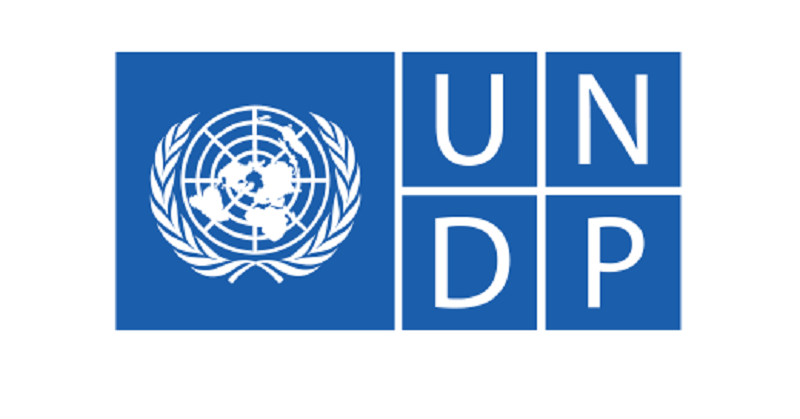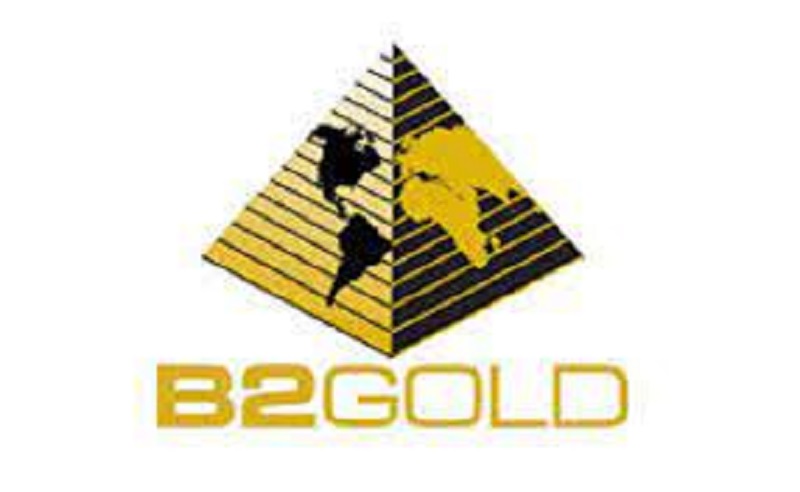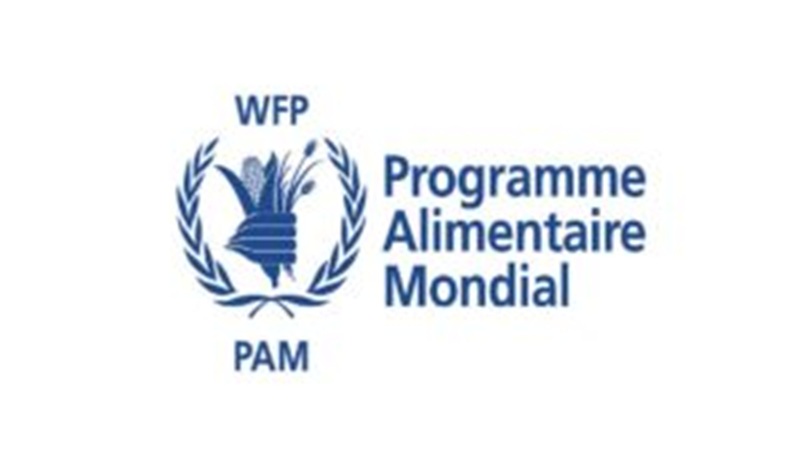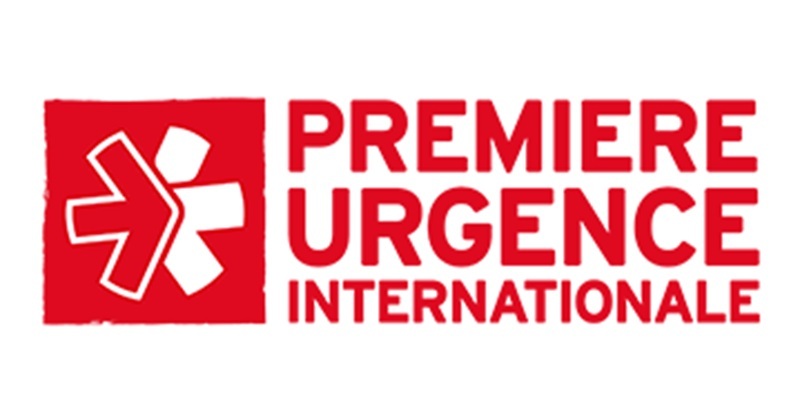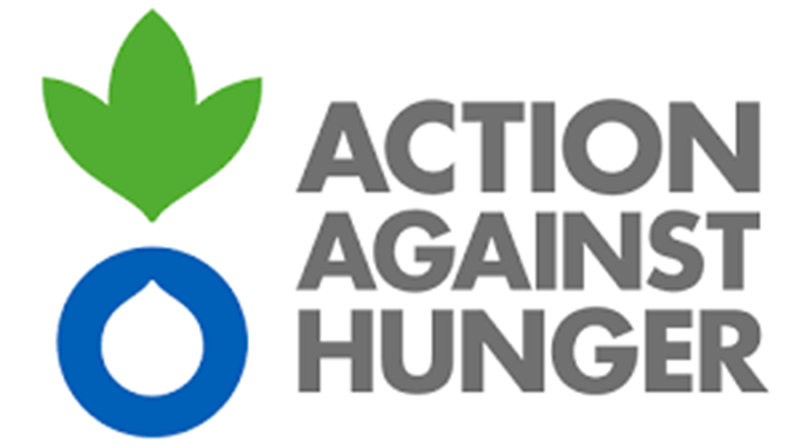| Overview :The ‘post’ COVID-19 era has presented to countries around the world with the biggest challenge ever experienced. This era has also opened up space for envisioning and reimagining new pathways for socio-economic transformation, especially in the way in which public services are delivered to citizens. Nigeria continues to grapple with unprecedented knock-on effects of the pandemic as the country aspires to leapfrog old and emerging frontier challenges to ensure the health, safety, wellbeing, and security of its citizens. As witnessed at the height of the pandemic, what began as a health issue, very quickly transformed into a social and economic crisis with far reaching implications on people’s livelihoods, the governance architecture, and economy as a whole. The secondary effects of the pandemic and containment measures had a bearing on people – changing the way populations live, work, interact, transact, and learn. It has also impacted on the way in which public goods and services are procured, delivered, and consumed.
The crisis also brought with it new needs and opportunities for digital transformation in the delivery of public services and an increased demand on the existing ones. Nigeria has recorded an increase in the usage of online services such as in education, agriculture, e-commerce, health tracking, crisis management and business continuity of core government functions. Digital tools have also enabled enterprises and communities to mobilize, establish markets for goods and services, share ideas and perspectives and create responses to the pandemic, sometimes filling gaps left by public institutions. A robust – though fragmented – digital ecosystem continues to emerge in the country – shepherding a process that could further enable increased uptake and application.
Digital transformation is therefore seen as a core system need that will form a backbone for effective and sustainable recovery from the crisis. While digital responses have provided a silver lining, the pandemic accentuated the digital divide and the need for digital applications that not only incorporate privacy and human rights by design, but that are also accessible for all, especially those left furthest behind.
ORGANIZATIONAL CONTEXT
The United Nations Development Programme (UNDP) as core part of the UN development system in Nigeria is supporting the country in its recovery efforts playing a critical integrator and convening role. A key aspect of this support is exploring the scope for amplifying the digital transformation agenda / trajectory both in the short (in response to immediate needs emerging from the crisis) medium and long term (accelerating the path towards recovery and transformative development). This is anchored on the #FutureSmart UNDP as espoused in its 2022-2025 Strategic Plan and Digital Strategy 2022-2025.
UNDP Digital Strategy 2022-2025 presents the organization’s value proposition on the role that digital could play in accelerating the attainment of SDGs. It underlines digitalization as one of its key enablers towards achieving development priorities, end poverty, protect the planet and bring peace and prosperity to all. One of the key strategic approaches for prioritizing digitalization to accelerate the achievement of the SDGs is leveraging Digital Public Goods (DPGs) in the development of Inclusive Digital Public Infrastructure (DPI) in line with UNDP’s five guiding principles for digital transformation.
DPGs offer an approach to unlocking the potential of digital transformation while protecting against many of the risks inherent to technologies. DPGs are open-source software, open data, open AI models, open standards, and open content that adhere to privacy and other applicable best practices, following do no harm by design. They can be freely adopted and adapted, increase transparency and collaboration, pave the way for new and innovative business models and economic growth, and can allow countries to maintain digital sovereignty while realizing the benefits of safe, trusted, and inclusive digital public infrastructure.
DPIs refers to digital solutions that enable basic functions essential for public and private service delivery, i.e., collaboration, commerce, learning, knowledge exchange and governance. Think about existing shared public infrastructure such as roads, health, identification, education, but online: that’s DPI in a nutshell. DPIs also display different layers of societal infrastructure, such as digital identification, payment systems and data exchange systems and can be seen as the foundation for a functional society. Many, but not all, DPI systems are built using open-source software and standards classified as DPGs. DPGs channel the shared effort of a community of contributors—past, present, and future. They also promote good practices and provide a way to rapidly share innovations around the world, as was seen in the fight against and recover from Covid-19.
While the first wave of DPIs in identity, payments and data exchanges have seen initial success in extending public services around the world, UNDP is also leading on catalysing the focus on similar platforms to help solve sectoral problems where current digital solutions are largely vertical and while they address niche problems, they have similar inter-operability and fragmentation concerns. UNDP seeks to shepherd this new frontier of DPIs: advocating for digital transformation rooted in connectivity and interoperability that removes friction and fosters collaboration and adoption of solutions that help solve the most urgent problems of our time.
UNDP defines Inclusive DPIs as a holistic approach that combines local digital ecosystem with digital public infrastructure to enable a community of actors to unlock transformative solutions that are inclusive and protect human rights, based on a robust governance framework and local digital capacities. This framework brings together technology and non-technology layers that together address the three systemic challenges in digital transformation in countries and across sectors and unlock the value trapped within the ecosystem.
APPLICATION INSTRUCTION
Individual consultants interested in applying for this position must complete their application using the Template for Offeror’s Letter to UNDP confirming interest and availability for the Individual Contractor (IC) assignment. The methodology, other documents and the Financial Proposal files MUST BE COMPLETELY SEPARATE (but submitted together as a zip file) If unable to submit zip file, kindly submit CV with Technical Proposal only. The financial proposal (Offeror’s Letter to UNDP confirming interest and availability for the Individual Contractor (IC) assignment) shall be encrypted with different passwords and clearly labelled. Financial Proposal without password will be disqualified.
The password for opening the Financial Proposal should be provided only upon request of UNDP. UNDP will request password only from bidders whose Technical Proposal has been found to be technically responsive. Failure to provide correct password may result in the proposal being rejected.
Follow link for submission of application: UNDP Jobs Admin – job: [Individual Consultancy for Horizon Mapping of Existing Digital Public Infrastructure in Nigeria] – 107550
Download forms here
Offeror’s letter to UNDP confirming interest and availability for the Individual Contractor (IC) Assignment – Click to download – https://bit.ly/3Fy0d5 |

